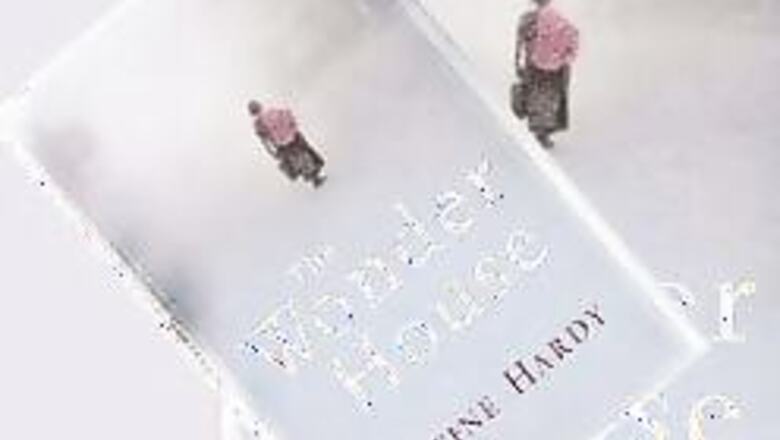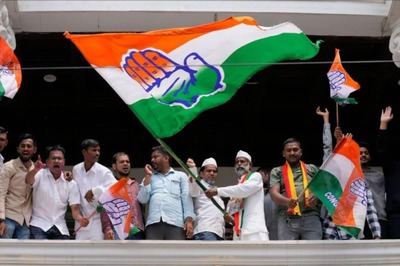
views
The Wonder House
Justine Hardy
Publisher: Anthem
Rs 250/-
The Wonder House is a story set in Kashmir – it's a love story and a story about life. But it's not at all treacly sweet, the book's actually despondent in tone. Does it capture the ethos of Kashmir? Of life in Kashmir? Well, scion of the First Family of Kashmir Omar Abdullah did say, "It tells it like it is…" So, I’ll take his word for it.
I’ve never visited Kashmir and, like many many others, have heard more than a lot about the state's inherent beauty. The tragedy of the "situation" in Kashmir is something we're all getting more and more desensitised to. More's the pity. Here is a book that tells you a story about some ordinary people, extraordinary because of where they live and their survival instincts, and extraordinarily tragic because of those same circumstances.
Whether it's the firebrand Lila, or Gracie Madam who doesn't give up or give in but gets more and more sozzled as the days go by, or the dashing Hal, who’s come from England as a journalist (like Justine, perhaps?), or even Masood, a patriarch who has to appear staunch, but is himself full of so many questions and doubt – all the characters are moving, evocatively described.
Young Irfan with his one great love and his point to prove may be the most tragic of all of them. The author doesn’t fall into the trap of writing off militancy as misguided, but does give the reader a glimpse into the genuine anger that underlies life in the Valley.
What is spooky is the curse of the ‘marked’ wood, sold by an unscrupulous woodsman, used to build The Wonder House – a houseboat on Dal Lake.
The book isn’t a light read, and happily goes beyond the usual foreigner’s take on life in a war zone. Justine Hardy has lived in the state as a child and has covered it as a journalist, which probably helps explain the gritty reality of all that she describes. There is some joy, some hope, I suppose, but for the most part it’s heartbreaking stuff. She conveys a sense of grey-ness in the state that you wish was not true, but have a sneaking suspicion is a way of life.
Could you tell this book is written by a foreigner? (Which Justine Hardy says has been the hardest thing – overcoming the prejudice that because she is a foreigner she has no right to write this book) Well, apart from the spelling of dal as dhal (and the explanation that it’s lentils), there are a few things here and there that would give this away, but it’s not a bad thing.
This is a very readable, captivating book, but do keep in mind that it is a work of fiction. It was released in the UK late last year, was featured in the Edinburgh Festival, and was released in the country in February. And while it won’t leave you leaping for joy, it is definitely worth a read.


















Comments
0 comment